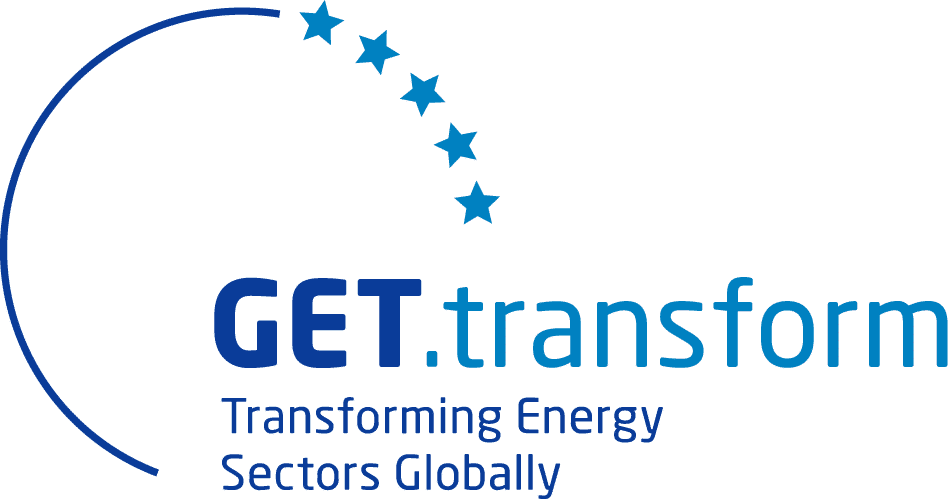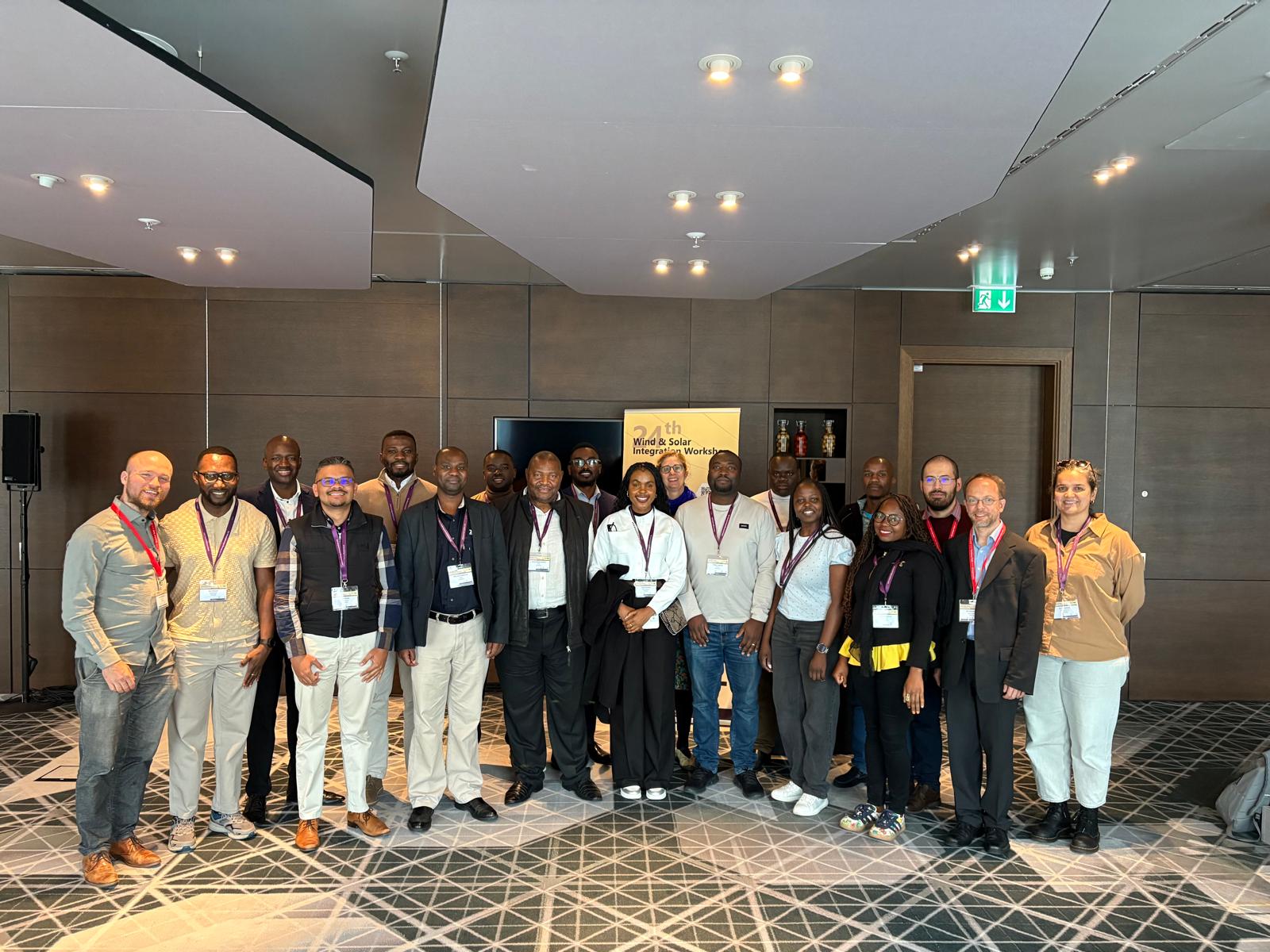Earlier this month, energy sector delegates from Zimbabwe, Mozambique, Namibia and Kazakhstan and GET.transform participated in the Berlin Renewable Energy Grid Integration Week 2025, organised by Energynautics. The annual event offers a unique platform for engaging with global experts, industry leaders and researchers tackling the challenges of renewable energy integration.
In partnership with GET.transform, delegates from partner countries delved into innovative solutions for grid stability, explored advancements in hydrogen and grid-forming technologies, and exchanged ideas on the design, operation and scaling of modern power systems.
Attending stakeholders included representatives from Zimbabwe’s Ministry of Energy and Power Development (MoEPD), Zimbabwe Electricity Distribution Company (ZETDC), Renewable Energy Association of Zimbabwe (REAZ), Zimbabwe Energy Regulatory Authority (ZERA), Zimbabwe Independent Power Producers Association (ZIPPA), Electricity Company of Mozambique (EDM), Namibia Power Corporation (NamPower), and Kazakhstan Electricity Grid Operating Company (KEGOC). KEGOC’s participation was supported by EURECA, which has been collaborating with GET.transform through the Leveraged Partnerships modality.
Participants took part in the 24th Wind and Solar Integration Workshop, alongside specialised tutorials such as grid forming tutorials on Industry Status and Expected Developments and Academic Approaches and Modelling Aspects, Artificial Intelligence (AI) in Power Systems, and Variable Renewable Energy (VRE) Integration tutorials. The sessions proved to be both technical and forward-looking, offering participants practical exposure to global advancements and real-world applications.
The delegates expressed strong appreciation for the opportunity to learn, exchange ideas, and benchmark their progress with international peers. They highlighted the critical role of regulators in driving renewable energy integration and underscored the importance of grid code reviews to ensure system readiness. The sessions were seen as highly impactful for both utilities and regulators, providing valuable insights into global practices and emerging technologies.
Countries shared examples of national advancements, such as the implementation of battery storage systems and synchronous condensers, reflecting steady progress towards grid stability. Others described the event as a valuable benchmarking exercise, highlighting the potential for stronger regional dialogue among Southern African Development Community (SADC) countries to accelerate renewable energy integration.


